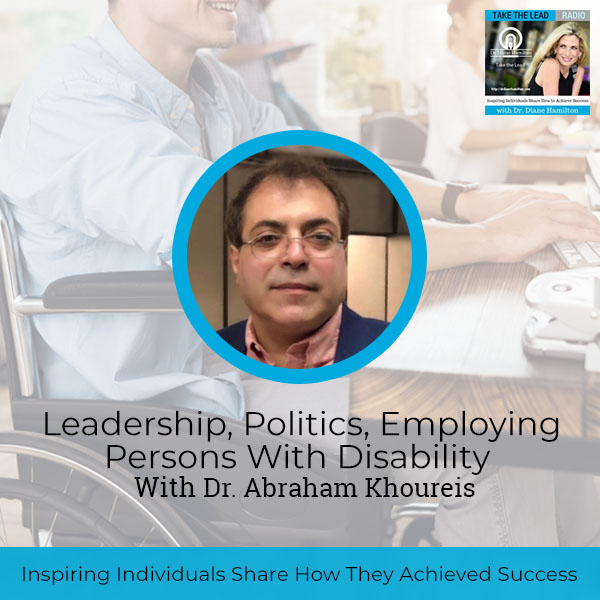China’s Rise To 5G Dominance: How China’s Tech Giants Are Driving Geopolitical Ambitions With Jon Pelson

China’s Rise To 5G Dominance: How China’s Tech Giants Are Driving Geopolitical Ambitions With Jon Pelson
The growing dominance of China’s tech giants in 5G technology has far-reaching geopolitical consequences. To address this challenge, we need to understand the strategies being used to counter China’s dangerous grip on this critical area of tech. In this episode, Jon Pelson, an expert in the telecom industry, shares his insights in his book, Wireless Wars: China’s Dangerous Domination of 5G and How We’re Fighting Back. He dives into the evolution of the telecom industry, from his early days on Wall Street and Madison Avenue to his time at Lucent and British Telecom. He also discusses the rise of China’s tech giants and their impact on global tech supremacy, drawing from his observations during his travels to China. Jon explores the geopolitical implications of China’s dominance in 5G technology, and the strategies being employed to push back against it. If you’re someone who’s interested in the intersection of technology and geopolitics, then this episode is for you. Tune in now.

Leadership, Politics, Employing Persons With Disability With Dr. Abraham Khoureis
There is a big trend for diversity, inclusivity, and equity in the workplace. Sadly, disabled individuals are not usually included in that conversation. Advocating for employing disabled individuals is Dr. Abraham Khoureis. He is a multi-talented thought leader with knowledge and expertise in a variety of business disciplines and academic settings. He discusses with Dr. Diane Hamilton why business owners should employ disabled persons and how they can make the workplace accommodating for them. When given the right environment, disabled individuals can do so much more. Join this conversation and fully capture inclusivity with Dr. Abe while he also takes us across his works in leadership and his podcast, ‘Keep It Real’ Leadership & Politics.
Continue reading “Leadership, Politics, Employing Persons With Disability With Dr. Abraham Khoureis”
Keirsey’s Results Show Wealthy Extroverts Are Happiest Americans
In Dr. Grupta’s blog, he wrote about: Who are the happiest Americans? According to a new study, they may be extroverted, earning more than $75,000 a year, healthy, and engaged. The analysis was conducted by Keirsey Research, an organization that looks at how personality relates to a person’s preferences in consumer choices, political opinion, and a variety of other factors. Click here for the rest of Grupta’s article.
In our book about personalities, my daughter, Toni Rothpletz, and I discuss Keirsey’s temperament research. If you are interested in reading more about the results of Keirsey’s study that showed “Wealthy Extroverts are the Happiest Americans” click here. Some highlights from the results of this study showed:
- Personality. 63 percent of Americans rate themselves as very or somewhat happy. Extroverts (74 percent), however, are much happier than introverts (56 percent).
- Wealth. In general, the higher the household income, the happier the individual. 72 percent of those with an annual household income of $75,000 or more are very or somewhat happy, compared to 59 percent of those with an annual household income of $50,000 or less.
- Love. Not surprisingly, being engaged promotes above average happiness (71 percent very or somewhat happy). Those who are separated but not divorced are least happy when it comes to love (48 percent).
- Age. Americans get progressively happier as they get older, with one exception. Happiness takes a dip between the ages of 35-44 (58 percent are very or somewhat happy), when parental and career pressures are typically at their peak.
- Family. “Empty nesters” are most happy (73 percent very or somewhat happy), while those who are divorced and sharing custody are least happy (56 percent). Individuals who do not have children cite average happiness (62 percent).
- Education. In most cases, more education means more happiness. There was no difference, however, between the happiness of those with a bachelor’s degree and those with a graduate degree (68 percent very or somewhat happy).
- Politics. Democrats and Republicans are equally happy (roughly 70 percent very or somewhat happy), while Green Party affiliates are the least happy (52 percent).